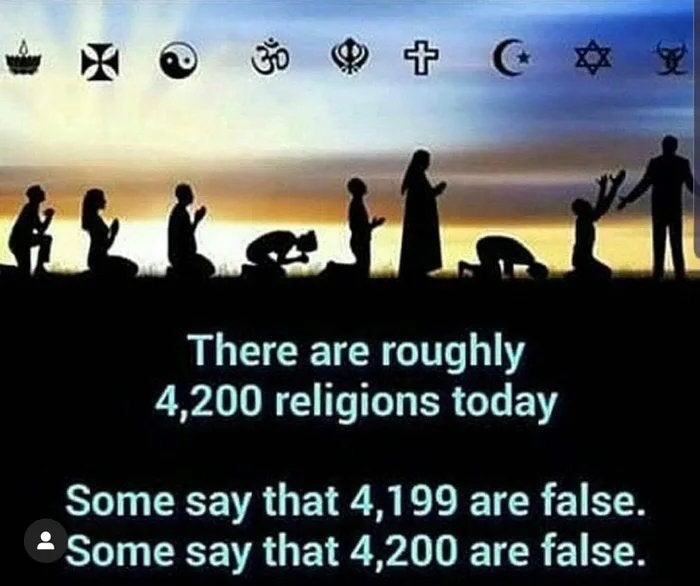I used to believe that I could control God.
I know that sounds odd. It feels strange to write it out and read it, but it’s the truth.
From a young age I was taught that god was watching my every move. Not only was he watching what I did and said, but he could read my thoughts. Based on that information, god would divvy out rewards based on how closely they matched his rule book.
His rule book consisted of what I was taught at church and included a lot of “don’ts”.
Don’t date till you’re 16.
Don’t think impure thoughts.
Don’t drink coffee, tea or alcohol.
Don’t have sex till you’re married.
Don’t watch rated R movies.
Don’t go shopping on Sunday.
Don’t be gay.
The list of don’ts was exhausting. But if I stayed away from these and hundreds more, I’d be blessed. Or punished if I decided to ignore them.
While serving a mission in Germany, I was transferred to a new area. We didn’t have a single investigator to teach, so we went door-to-door eight hours a day searching for anyone who would listen to our message. When the mission president asked me how many people we were teaching I told him we were not teaching anyone. He said, “That’s because you aren’t worthy. When you’re worthy, the Lord will send you someone to teach.”
On the train ride home, I thought about what rules I could be breaking that would cause god to punish me. I eventually settled on one rule I broke a few times each week: opening mail and reading it. My mission president thought reading letters from home was a distraction so he created a rule that stated we could only read letters on Monday, our preparation day.
What became clear to me was this: If anything good happened to me it was because god was pleased with something I did. When something bad happened to me, it was my fault. I was being punished because I broke a rule.
From Mormon scripture called Doctrine and Covenants 130: 20-21:
There is a law, irrevocably decreed in heaven before the foundations of this world, upon which all blessings are predicate. And when we obtain any blessing from God, it is by obedience to that law upon which it is predicated.
Not just some blessings. No, “any” blessing.
The scripture was repeated time and time again. My takeaway: I could control god.
My senior year in high school, I hit a half-court shot to win a basketball game. For years I attributed the success of that shot to the fact I said a prayer before the game. I ignored the hours of preparation I had spent in the gym since I was a young boy. I ignore the coaching and conditioning I had received. I ignored the fact I spent many hours shooting shots from all over the court, including many from half-court. I ignored all that. Had I not said the prayer, god would nudged the ball off target.
When I hear people say that god helped them find their car keys, score a touchdown, lose weight or other trivial activity, I wonder if those same people believe god is simultaneously punishing those who forgot to pray? Why did god decide to help you locate your car keys but allowed the young girl down the street to be abused by her neighbor? This sounds like a god with screwed up priorities. And let’s be honest, it’s selfish to think god cares about every trivial part of your day.
I’m still coming to terms with what it means to live my life without the fear of a god peering over my shoulder ready to reward or punish my every move. I’m a little upset with myself that it’s taken so many years for me to figure this out, but I’m happy I did because many never do.



